Raja GuhaThakurta
Founder and Faculty Director
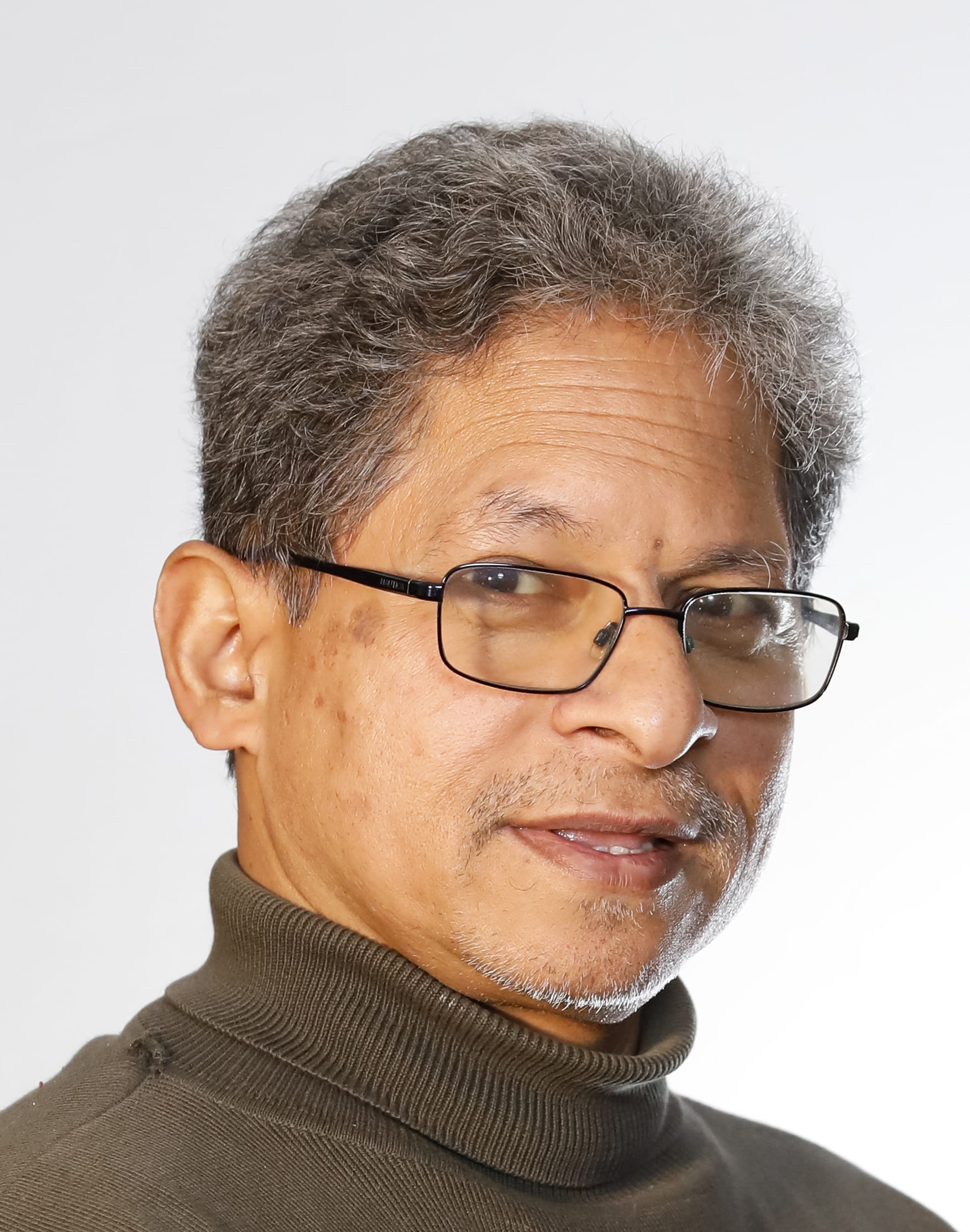
Raja GuhaThakurta (PhD, Astrophysical Sciences, Princeton Univ.) is a Professor and Department Chair of Astronomy and Astrophysics at UC Santa Cruz. He founded SIP in 2009. He and his students and postdocs have mentored many SIP interns. Raja also has a parent’s perspective: his daughter was a SIP intern. He launched the Global SPHERE Network in 2017 with help from Google, New York Academy of Sciences, and others to enhance STEM research opportunities for high school students, especially underrepresented students, around the world. In 2018, he and his students started PyaR (Python and Research), a free online programming tutorial. Raja teaches astrophysics for UCSC COSMOS, algebra for Project for Inmate Education at Santa Cruz County Jail, introductory astronomy at UCSC, and is active in outreach. He studies galaxy formation, mergers, dark matter, etc. using the Keck and Hubble telescopes. His webpage contains links to a selection of his public talks, media coverage of his research, publications, and art.
Amanda Quirk
Grad Student Mentor
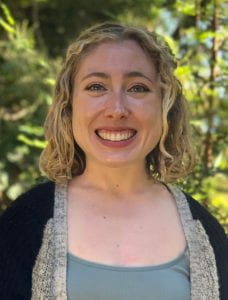
Amanda Quirk is a fifth year PhD candidate at UC Santa Cruz, where she studies stellar kinematics as a function of age in nearby spiral galaxies with Raja GuhaThakurta. She plans on defending her PhD dissertation in June 2022 and starting as a teaching postdoc at Columbia University in the following fall. Amanda is passionate about sharing Astronomy with others and plans to have a career focused in STEM education, with an emphasis on accessibility.
Antara Raaghavi
Grad Student Mentor
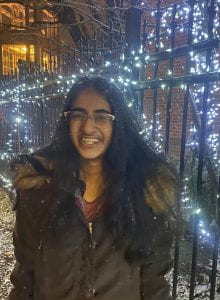
Antara is an undergraduate student at Harvard University studying astronomy, linguistics, literature and computer science. She grew up in Mumbai, India. On campus, she is involved with South Asian music and student astronomy groups. She enjoys solving cryptic crosswords, singing Hindustani classical music, and playing badminton. She has been mentoring for the PyaR tutorial since 2019.
Gepoliano (Geo) Chaves
Grad Student Mentor
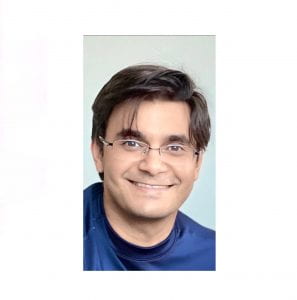
Gepoliano (Geo) Chaves is currently a postdoctoral scholar at the University of Chicago, under the supervision of Dr. Mark Applebaum. He has a BS in Biochemistry from the Federal University of Viçosa (Brazil), a MS in Biology of the Interaction Pathogen-Host from the University of São Paulo and a PhD in Biomolecular Engineering and Bioinformatics from the University of California Santa Cruz. The Ph. D. program was completed as a Science without Borders fellow, sponsored mostly by the Federal Government of Brazil. Current research uses genomic and bioinformatic methods to understand monogenetic diseases, such as Huntington’s Disease, and polygenic diseases, such as pediatric cancer neuroblastoma. In his research in Computational Biology, he uses next generation sequencing (NGS) RNA-Seq, ChIP-Seq, and other epigenomics techniques in different Linux environments, aiming to contribute to better understanding and hope for treatments of these diseases.
Chaves’ research uses DNA as a molecule that stores genetic information and can be read by computational programs that process large volumes of data. His aim is to relate DNA sequence to patient and/or disease information present in medical records and/or public databases by developing computational programs or algorithms that allow such goal to be fulfilled. At the very basic level, learning the process to write computer code and prepare generations of scientists to access health and/or disease-related information present in genomic sequences is challenging due to the complexity of skills, infra-structure and economic resources necessary for the investigator. Therefore, curricula that expose students to the current necessity of using computational programing as a tool for academic and professional development are essential for successful use of genomic information in the 21st century and beyond.
Douglas Grion Filho
Grad Student Mentor
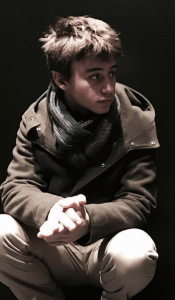
Doug was born in Londrina, Brazil. He went to Columbia University for undergrad and decided astro was cool enough to keep doing it for another 6 years. He worked mostly on the dynamics and history of the Milky Way, approaching the topic from both an observational and simulated standpoint. Besides academic things, he loves playing board games and tabletop rpgs, especially DnD. In his off-time, he also likes to spend an inhuman amount of time watching weird and nerdy YouTube channels, such as a Sudoku-solving, a Cheese-making, and a Reptile-keeping channel. He also likes to spend time painting miniatures in the hope of playing DnD in person again and likes going on really long walks while listening to an audiobook.
César Rojas Bravo
Grad Student Mentor
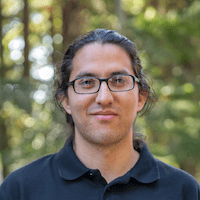
César was born and raised in Costa Rica, in Central America. He obtained undergraduate degrees in Physics and Classical Philology at Universidad de Costa Rica, and has lived abroad in Barcelona and Brazil, which overall has helped him to have an open mind, to enjoy different cultures. In 2017, he started the PhD program in Astronomy/Astrophysics at UCSC, pursuing his dreams, where he does exciting supernova cosmology research with Ryan Foley and David Jones. He was involved in the kilonova discovery in August 2017, and that gained him some exposure in Costa Rica. This made César realize that he could be a great example for future Costa Rican scientists. He enjoys participating in outreach activities, especially in Spanish, since he would love to contribute any way he can to his community.
Kevin McKinnon
Grad Student Mentor
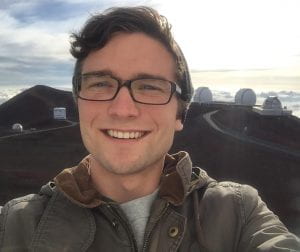
Kevin McKinnon is a PhD Candidate in UCSC’s Astronomy & Astrophysics Department, where he is mentored by Professors Raja GuhaThakurta and Connie Rockosi. His love for astronomy started early and was fostered by childhood summers stargazing in the Cowichan Valley, BC, passionate grade school teachers, and eventually doing real research with Dr. Stephane Courteau while attending Queen’s University in Kingston, Ontario. These days, Kevin’s research focusses on extracting as much information as possible from spectra of light from stars (temperature, pressure, velocity, chemical properties) to learn about about the properties of our home Galaxy, the Milky Way, and our nearest neighbors.
Emily Cunningham
Grad Student Mentor
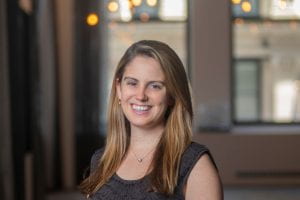
Emily Cunningham is a Flatiron Research Fellow at the Center for Computational Astrophysics at the Flatiron Institute. Her work focuses on the Milky Way stellar halo, using the motions and chemical compositions of stars to learn about our Galaxy’s formation. She completed her PhD at UC Santa Cruz in 2019, working with Raja Guhathakurta, Connie Rockosi and Alis Deason.
Emily’s Links: Astro Website, Google Scholar Website, Publications.
Madelyn Broome
Grad Student Mentor
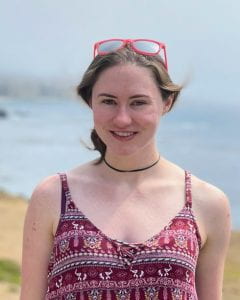
Madelyn earned her bachelor’s in Astrophysics from Princeton in 2019 and master’s from Cambridge the following year. She currently works on exoplanet theory for her PhD with Ruth Murray-Clay at UC Santa Cruz. Her lifelong commitment to excite, engage, and elevate historically-excluded learners in STEM takes many forms, from outreach and designing research-based inclusive pedagogy, to making physics accessible to the general public through science writing. She has written for a variety of publications and currently co-runs the university’s Ask an Astronomer account. When she’s not mentoring young women or speaking at events to encourage other Native youth in STEM, she can be found sailing, rowing, playing for the university rugby team, or watching arts performances.
